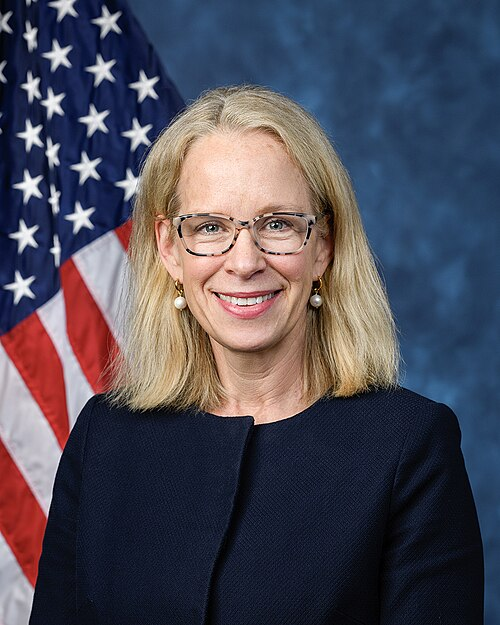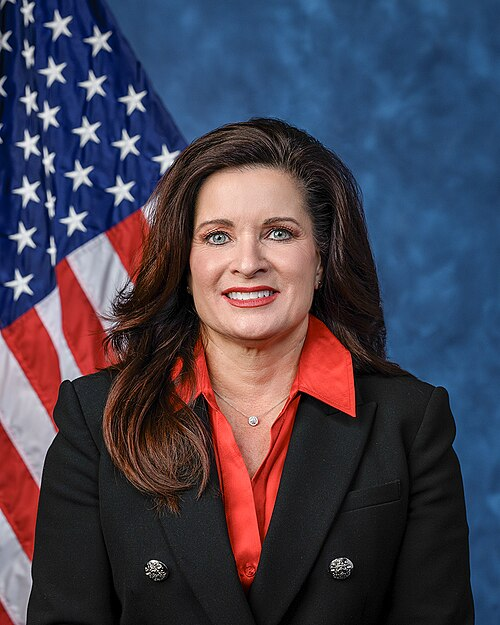H.R. 4606: Ally’s Act
This bill, known as Ally's Act, aims to amend several existing laws related to health insurance to ensure broader coverage for hearing devices and associated services. Here is a breakdown of its key provisions:
Coverage Requirements
The bill requires that group health plans and health insurance issuers, whether for employers or for individual policyholders, must provide coverage for several specific items and services related to hearing devices. These include:
- Auditory implant devices, including cochlear implants and bone conduction implants.
- Maintenance and repair of these auditory devices.
- Upgrades or replacements of these devices every five years, if an upgrade is not available.
- Accompanying items like adhesive adapters and softband headbands.
- A comprehensive hearing assessment.
- Preoperative and postoperative assessments related to surgery for the devices.
- Aural rehabilitation and treatment services as deemed necessary by a medical professional.
Coverage Conditions
Any health plan providing coverage for these services must ensure that:
- The financial implications (like copayments or deductibles) for hearing devices are no more restrictive than those for general medical and surgical benefits.
- There aren’t separate treatment limits for hearing device services that are stricter than those for other covered benefits.
- If a qualified physician or audiologist deems the services medically necessary, the insurance cannot deny or limit coverage for those services.
Definitions
The bill also provides a definition for "qualifying individuals," specifying that they are those for whom a physician or qualified audiologist determines may benefit from the auditory devices mentioned in the bill.
Applicable Laws
The bill modifies the following laws to include the new coverage requirements:
- Public Health Service Act
- Employee Retirement Income Security Act (ERISA)
- Internal Revenue Code
- Patient Protection and Affordable Care Act
Effective Date
The changes proposed by this legislation would become effective for plan years starting on or after January 1, 2026.
Relevant Companies
- PHG (Royal Philips) - A major manufacturer of hearing aids and auditory implant devices, likely to see increased demand for its products under this expanded coverage.
- WSO (Walmart Inc.) - As a retailer that offers health services, Walmart may benefit from expanded coverage options and the sale of hearing devices.
- DEO (DeVry University) - Involved in audiology training and services, may see increased enrollment in programs due to a growing need for audiologists as coverage expands.
This is an AI-generated summary of the bill text. There may be mistakes.
Sponsors
81 bill sponsors
-
TrackJoe Neguse
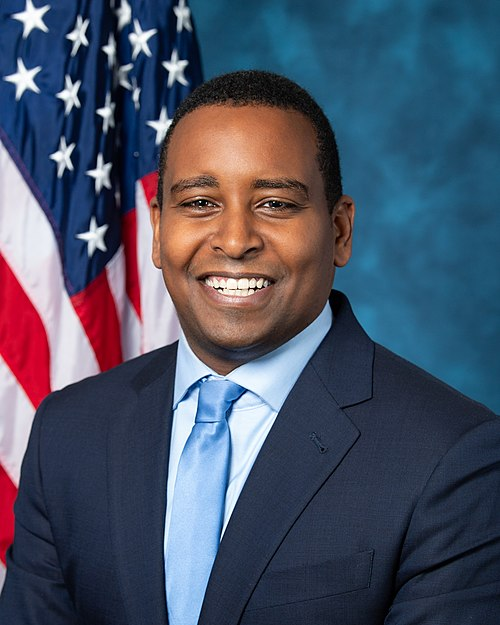
Sponsor
-
TrackGabe Amo
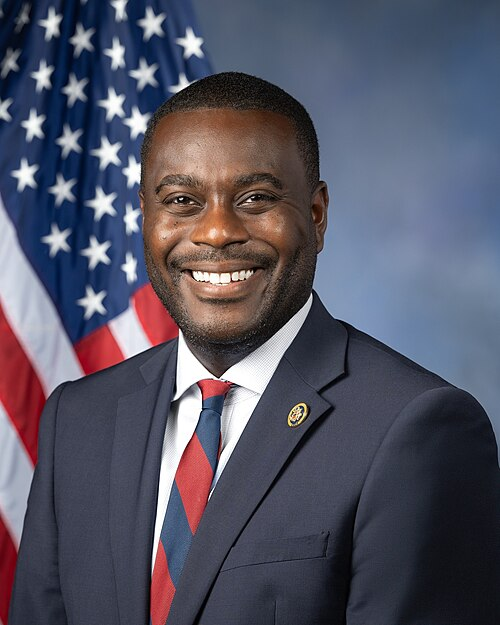
Co-Sponsor
-
TrackNanette Diaz Barragán

Co-Sponsor
-
TrackJoyce Beatty
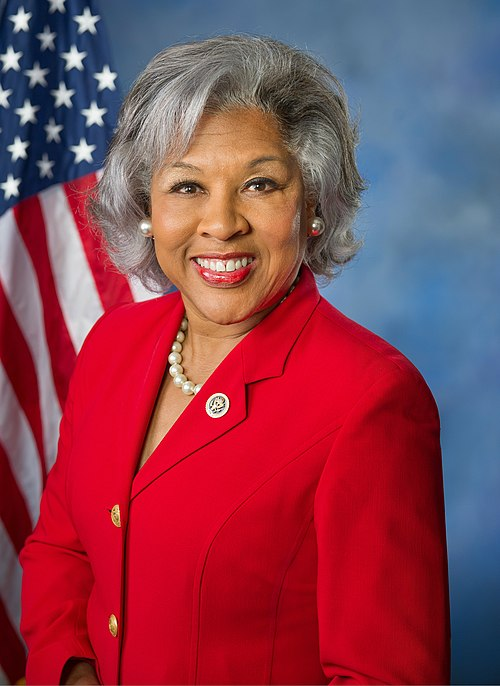
Co-Sponsor
-
TrackGus M. Bilirakis

Co-Sponsor
-
TrackRobert Bresnahan

Co-Sponsor
-
TrackNikki Budzinski
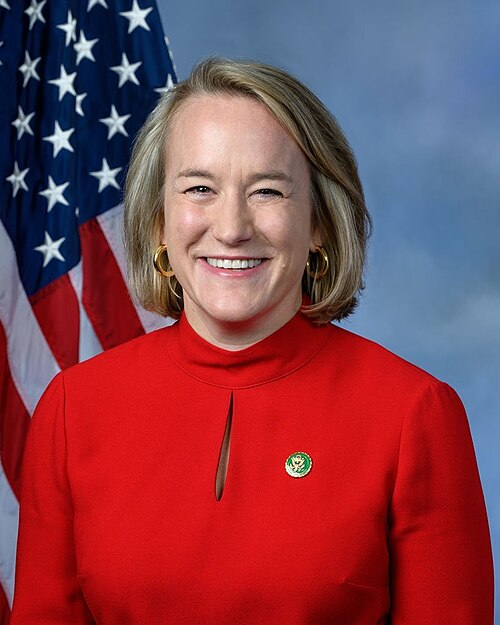
Co-Sponsor
-
TrackAndré Carson
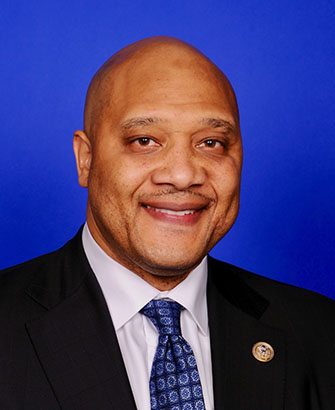
Co-Sponsor
-
TrackTroy A. Carter
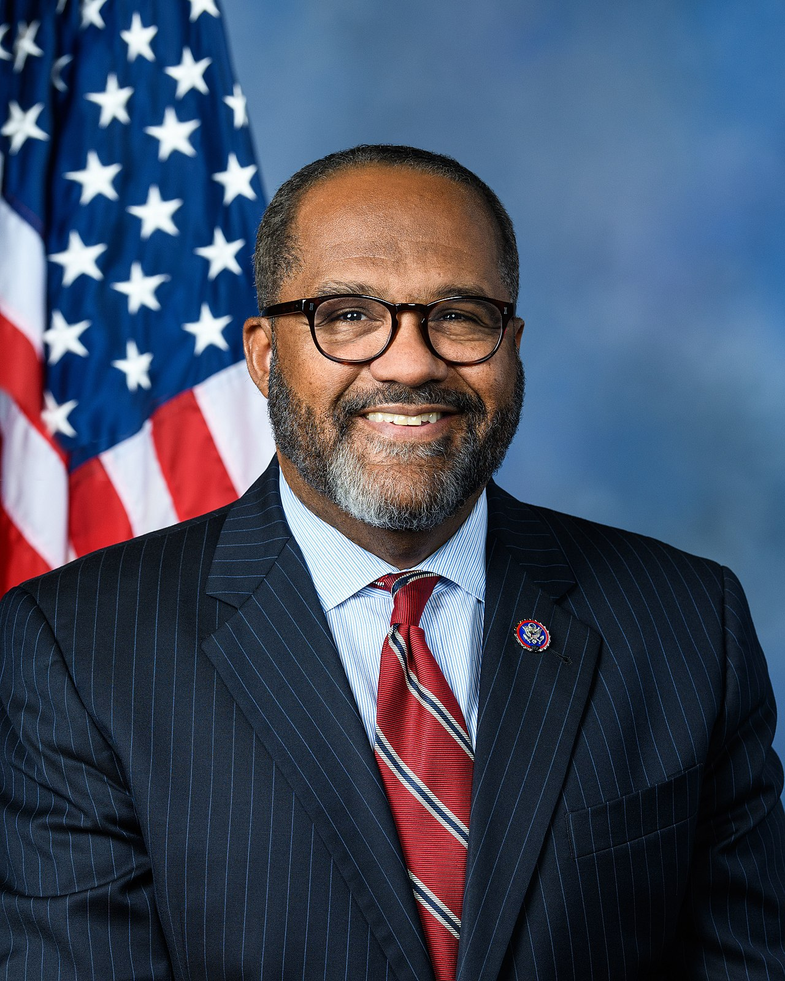
Co-Sponsor
-
TrackKathy Castor
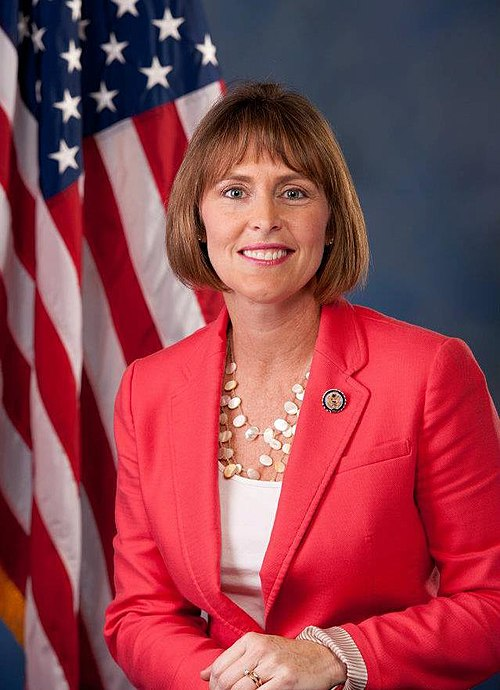
Co-Sponsor
-
TrackJudy Chu
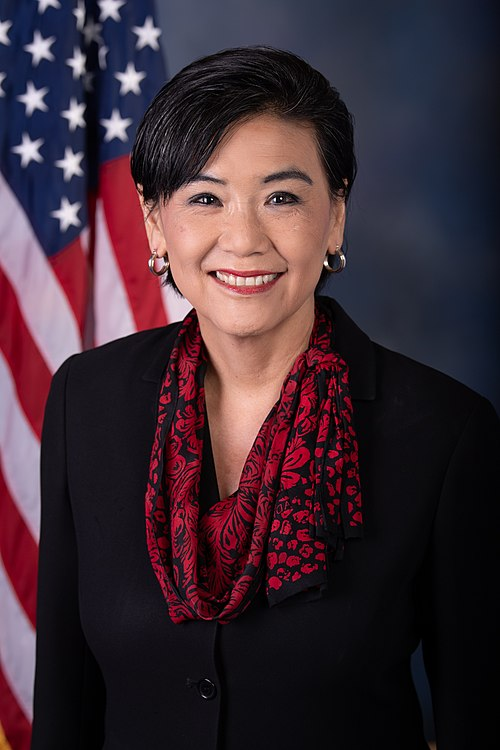
Co-Sponsor
-
TrackSteve Cohen
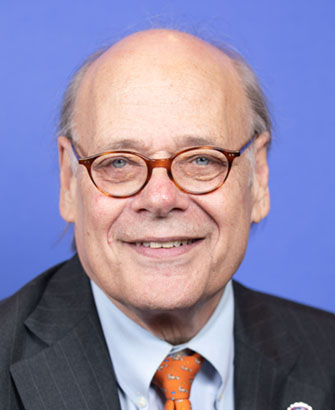
Co-Sponsor
-
TrackJ. Luis Correa

Co-Sponsor
-
TrackAngie Craig
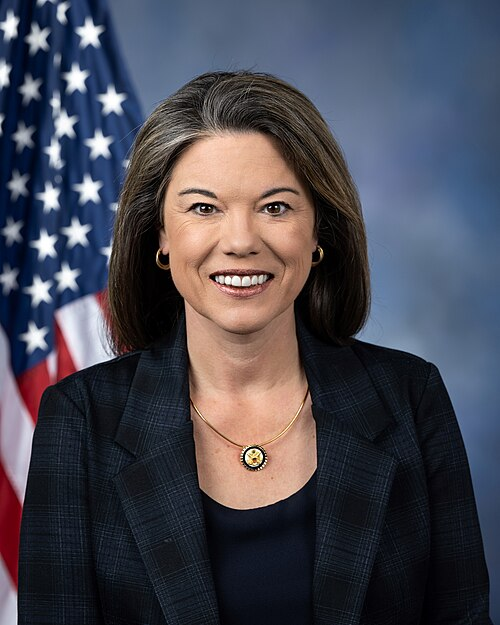
Co-Sponsor
-
TrackJason Crow
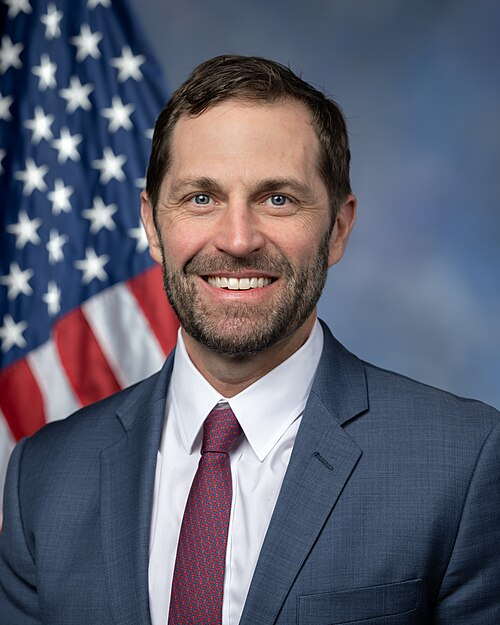
Co-Sponsor
-
TrackSharice Davids
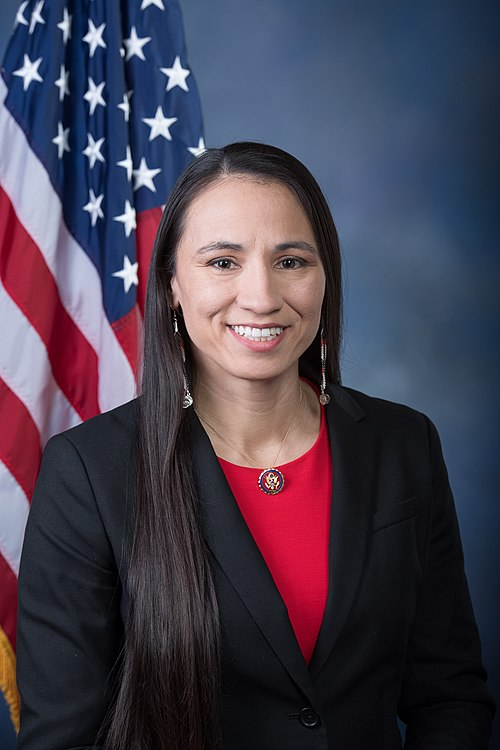
Co-Sponsor
-
TrackRosa L. DeLauro

Co-Sponsor
-
TrackSuzan K. DelBene
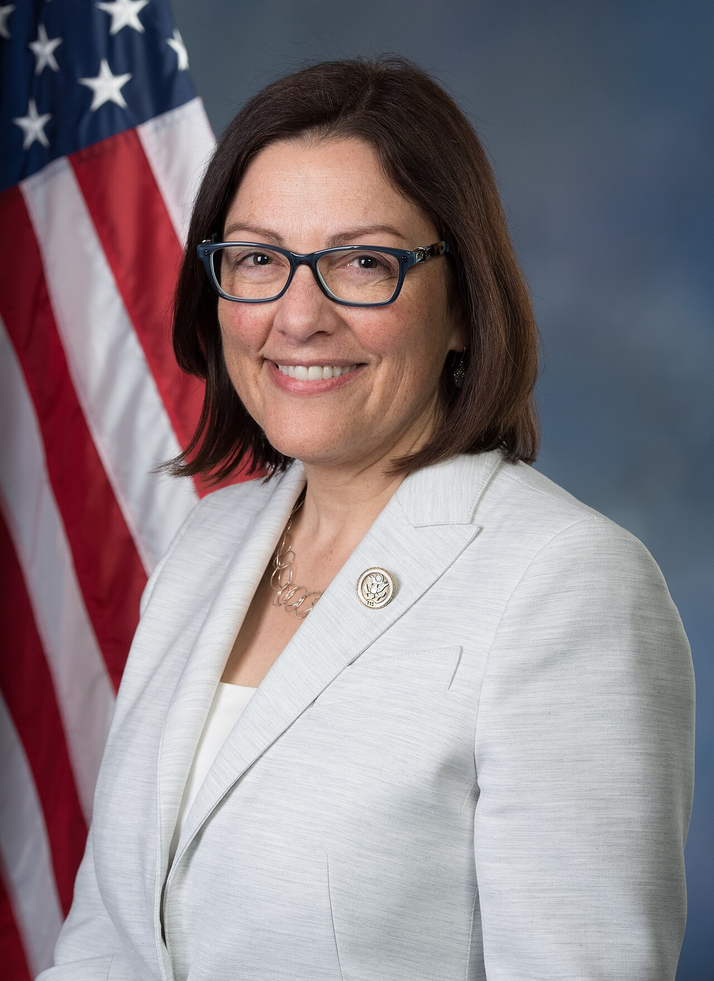
Co-Sponsor
-
TrackChristopher R. Deluzio

Co-Sponsor
-
TrackDebbie Dingell

Co-Sponsor
-
TrackLloyd Doggett
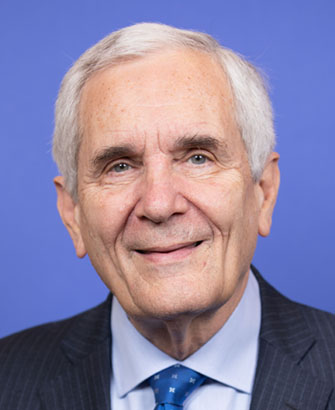
Co-Sponsor
-
TrackVeronica Escobar
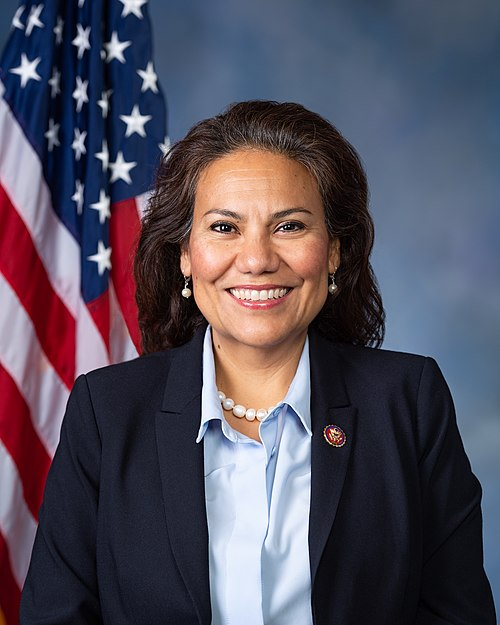
Co-Sponsor
-
TrackDwight Evans

Co-Sponsor
-
TrackCleo Fields

Co-Sponsor
-
TrackBrian K. Fitzpatrick
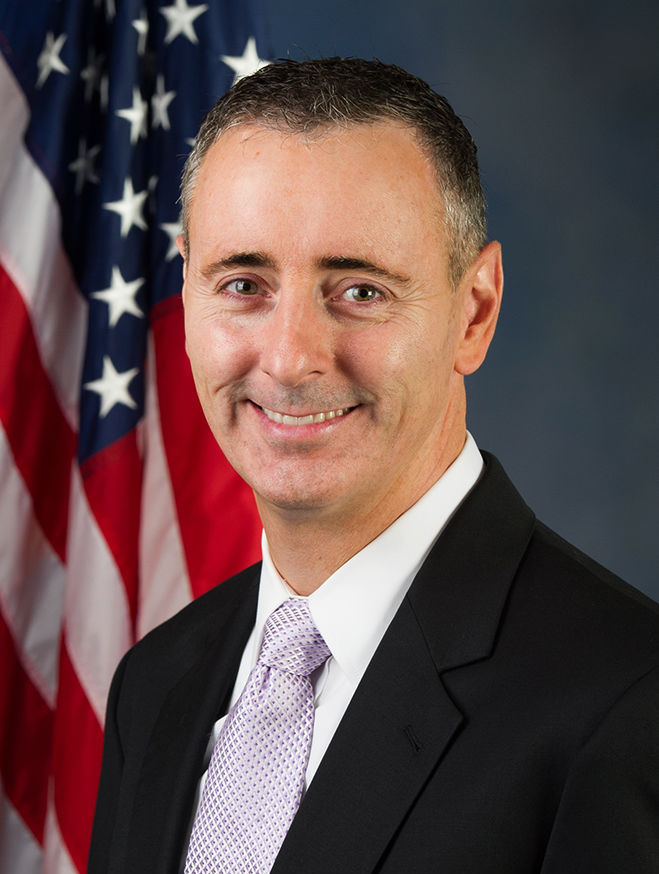
Co-Sponsor
-
TrackValerie P. Foushee

Co-Sponsor
-
TrackMaxwell Frost
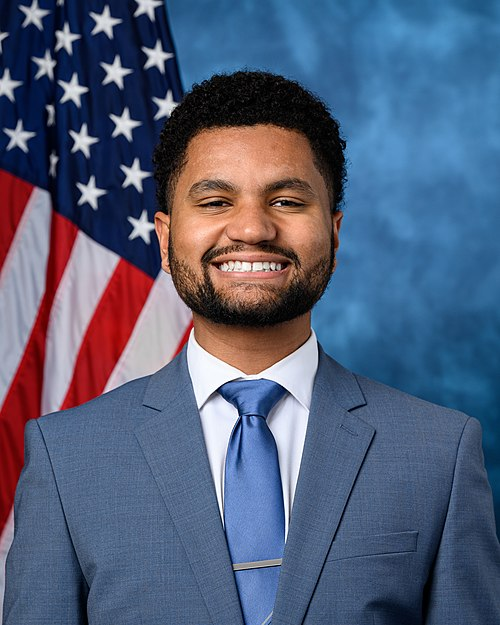
Co-Sponsor
-
TrackAndrew R. Garbarino
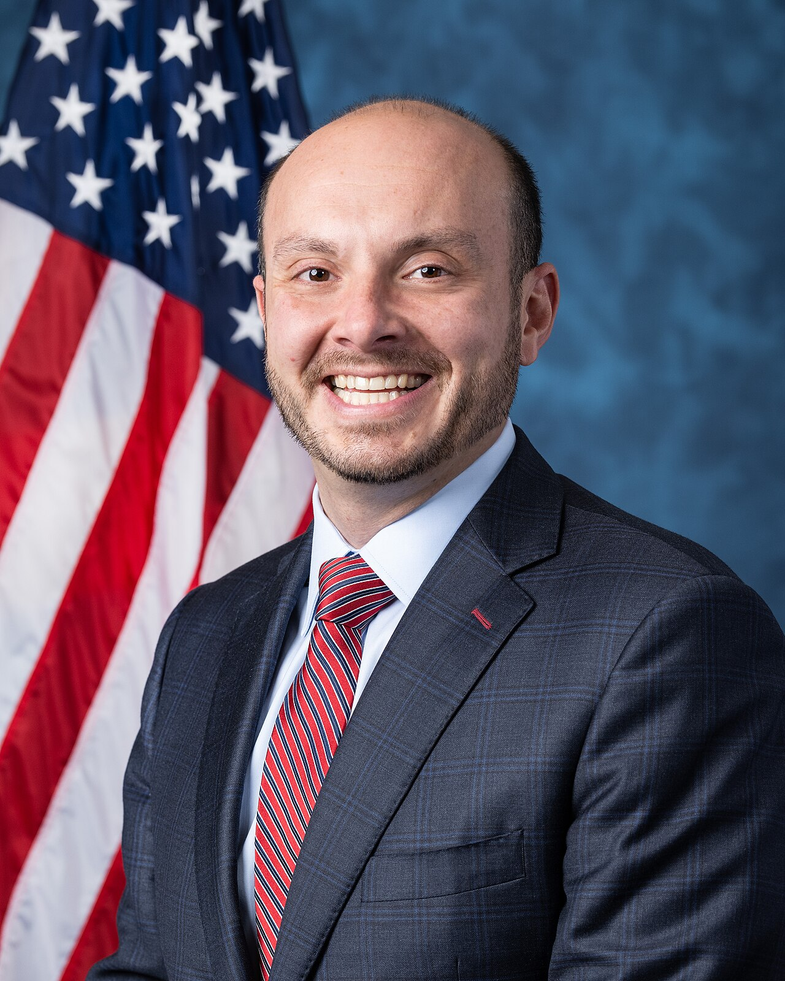
Co-Sponsor
-
TrackJimmy Gomez
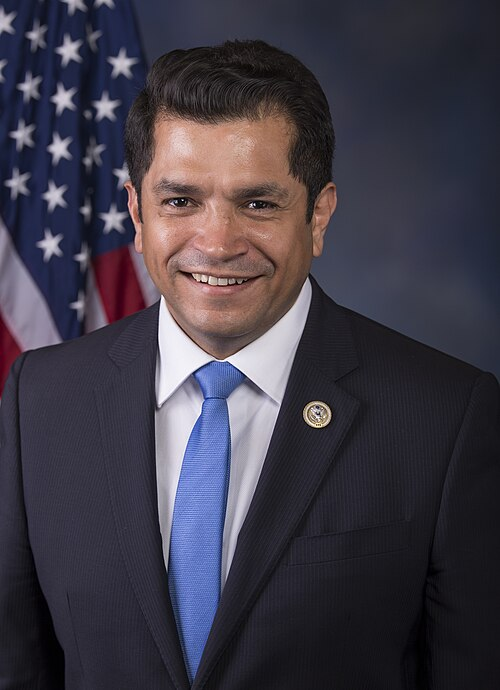
Co-Sponsor
-
TrackJosh Gottheimer

Co-Sponsor
-
TrackGlenn Grothman
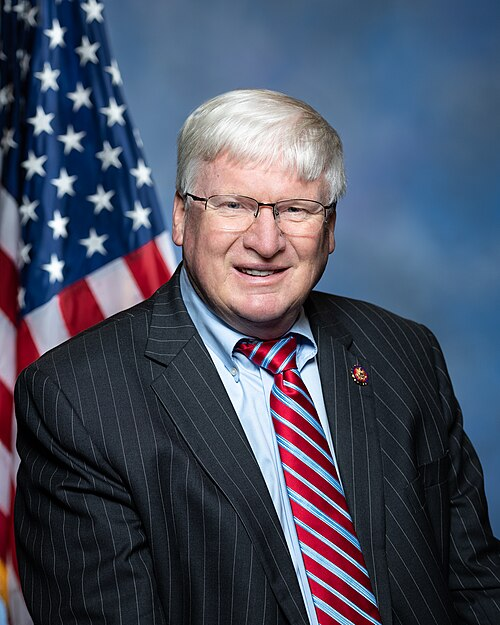
Co-Sponsor
-
TrackJosh Harder
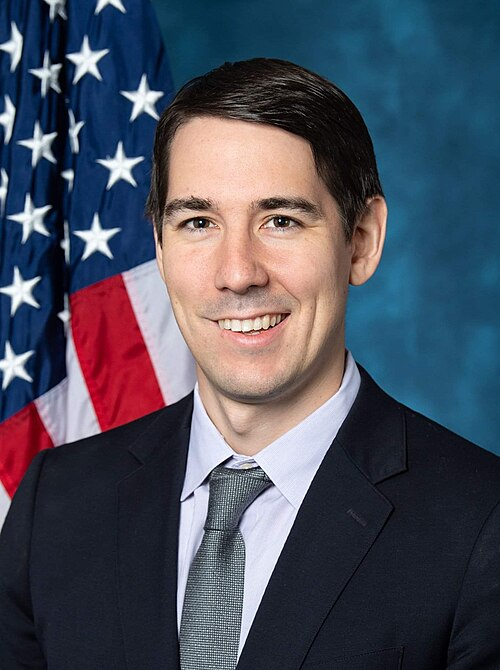
Co-Sponsor
-
TrackChrissy Houlahan
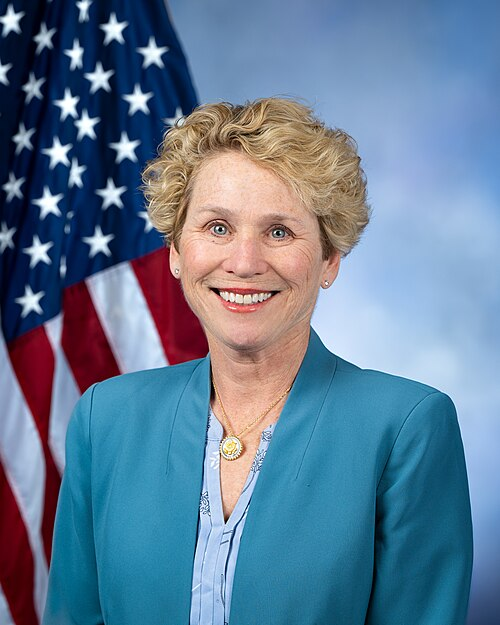
Co-Sponsor
-
TrackJared Huffman
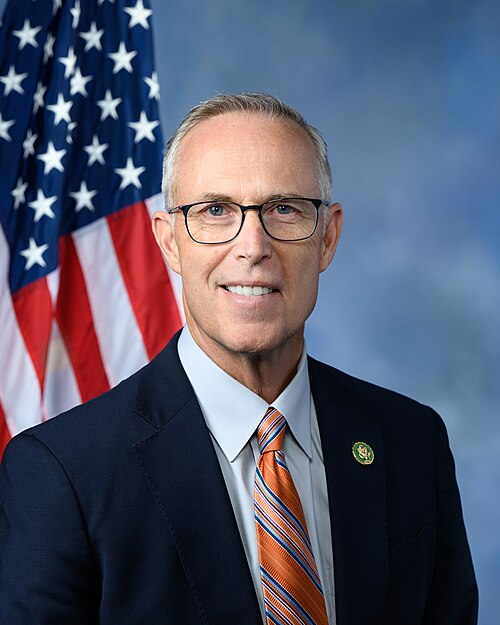
Co-Sponsor
-
TrackBrian Jack
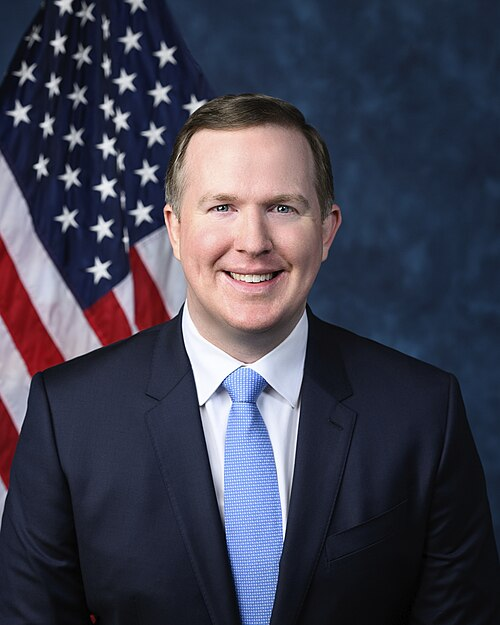
Co-Sponsor
-
TrackHenry C. "Hank" Johnson, Jr.

Co-Sponsor
-
TrackRobin L. Kelly

Co-Sponsor
-
TrackRo Khanna

Co-Sponsor
-
TrackYoung Kim
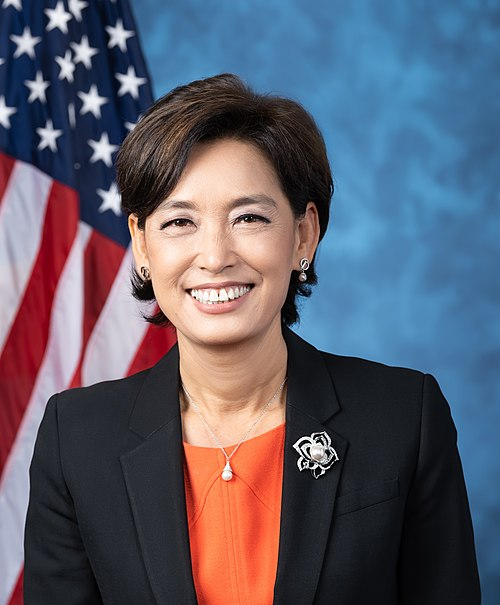
Co-Sponsor
-
TrackMichael Lawler
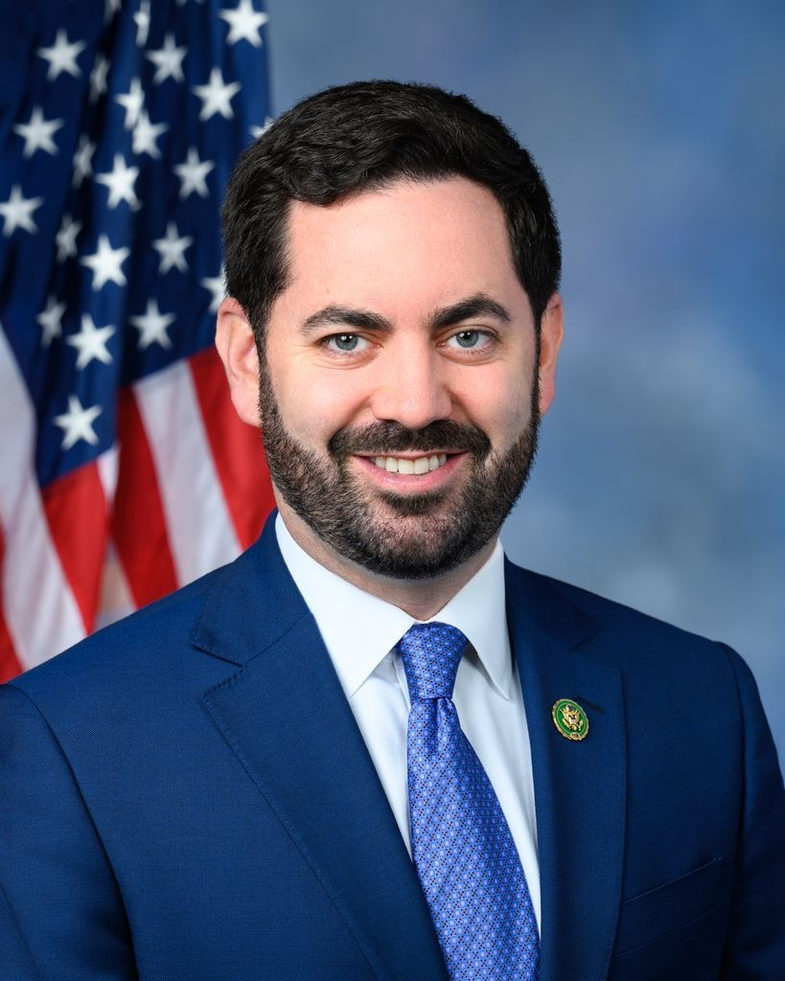
Co-Sponsor
-
TrackTed Lieu
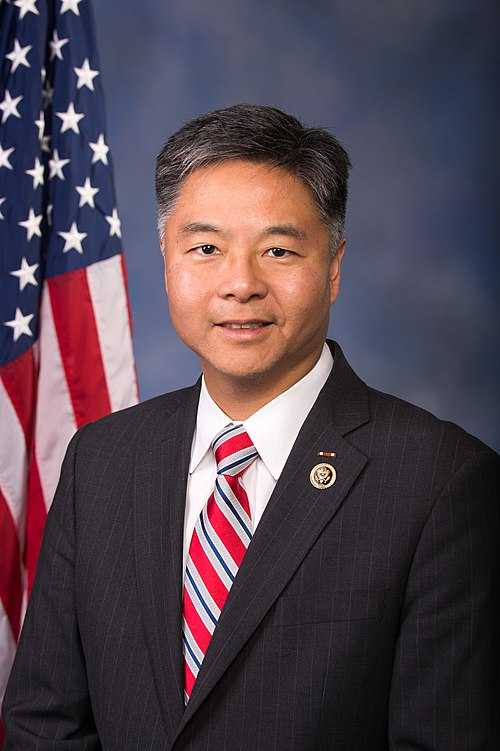
Co-Sponsor
-
TrackStephen F. Lynch
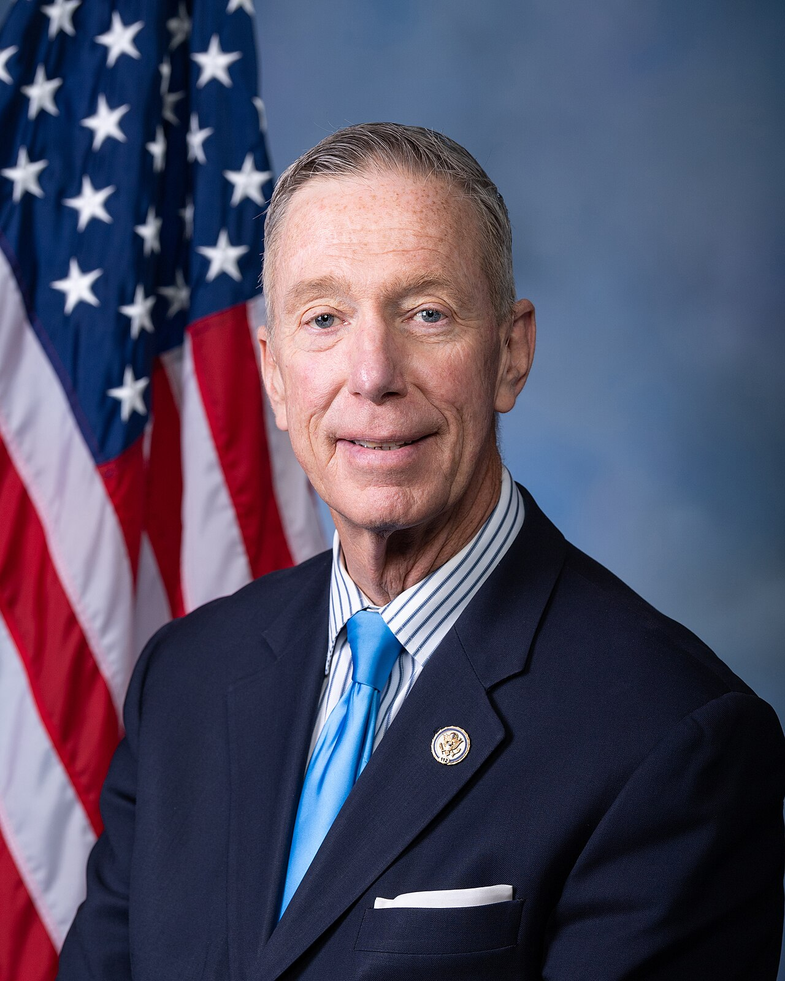
Co-Sponsor
-
TrackJohn Mannion
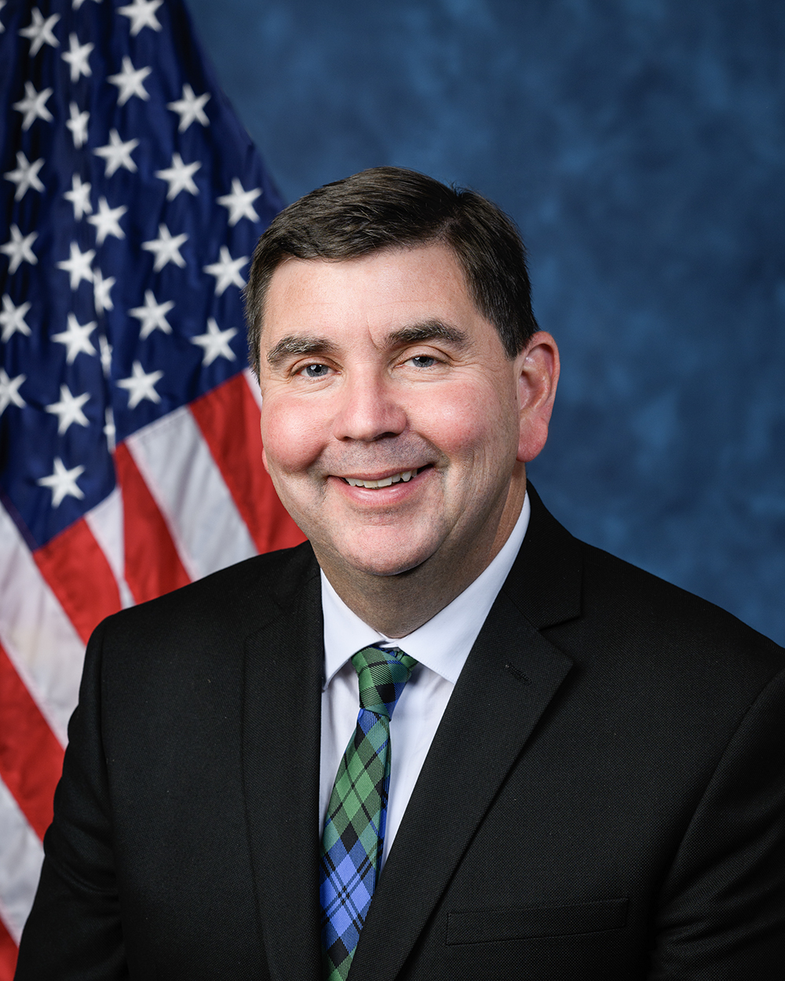
Co-Sponsor
-
TrackDoris O. Matsui
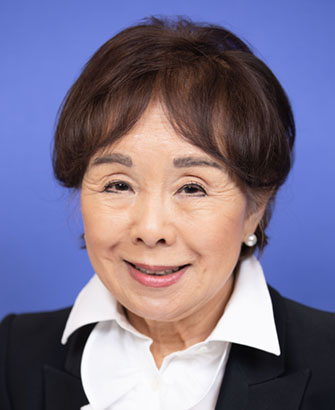
Co-Sponsor
-
TrackSarah McBride
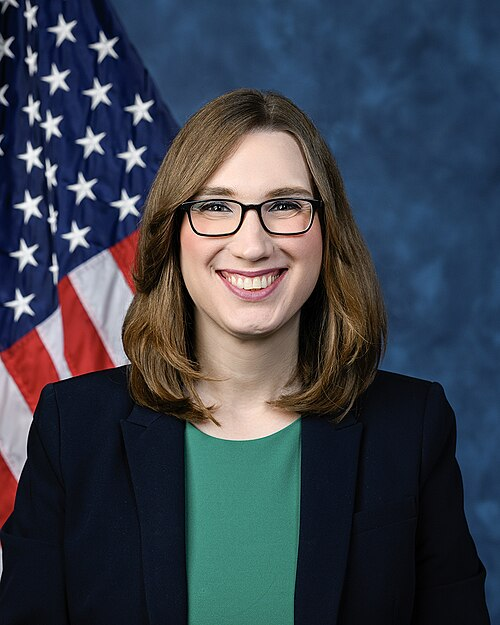
Co-Sponsor
-
TrackApril McClain Delaney
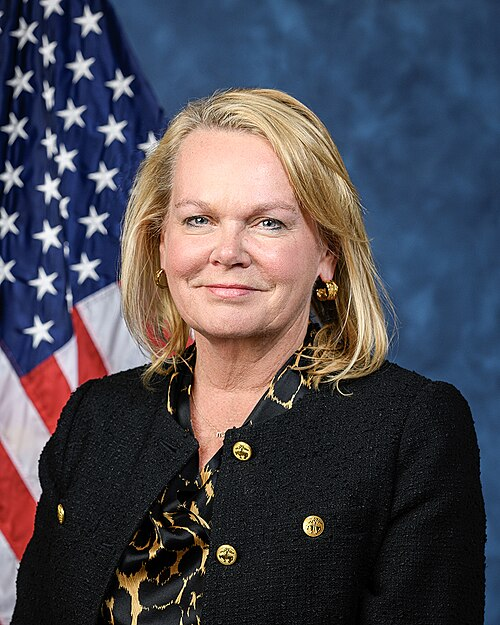
Co-Sponsor
-
TrackBetty McCollum
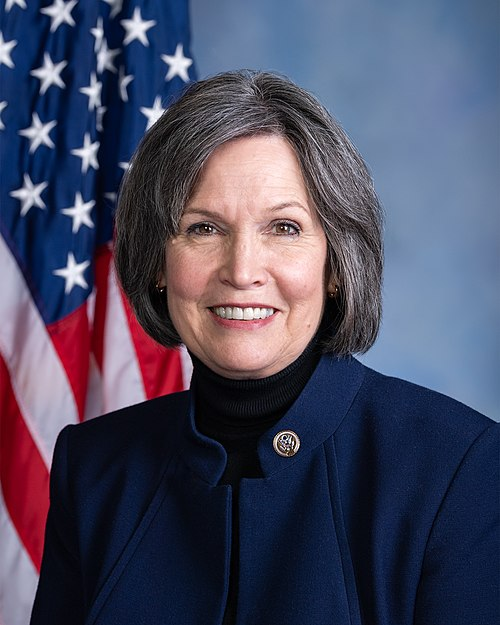
Co-Sponsor
-
TrackJames P. McGovern
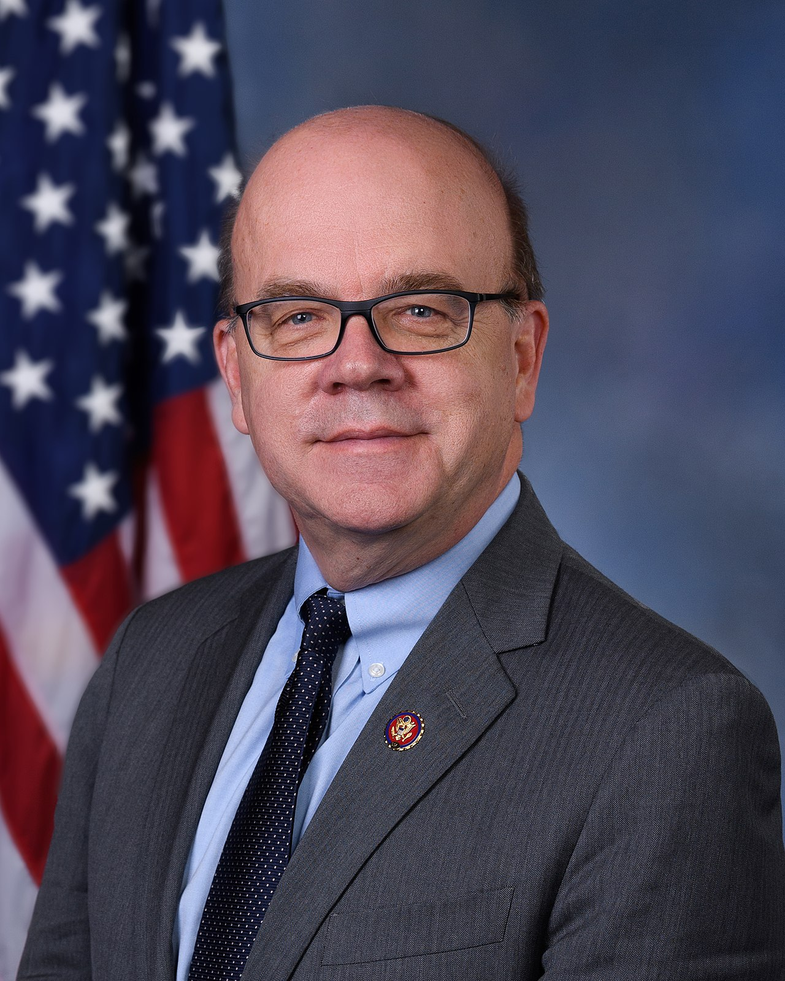
Co-Sponsor
-
TrackLaMonica McIver
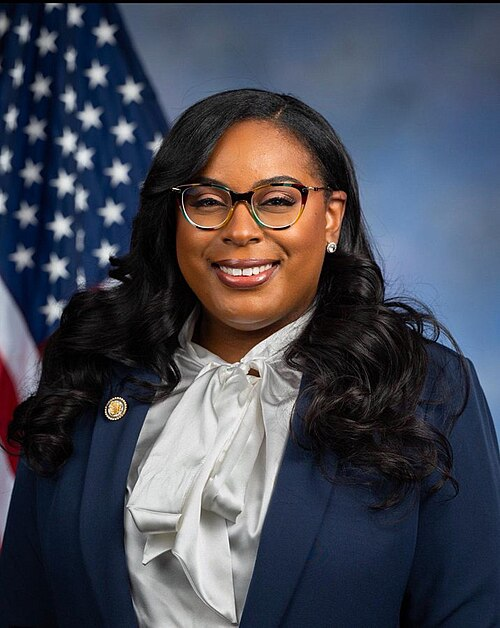
Co-Sponsor
-
TrackRobert Menendez

Co-Sponsor
-
TrackJared Moskowitz

Co-Sponsor
-
TrackKevin Mullin
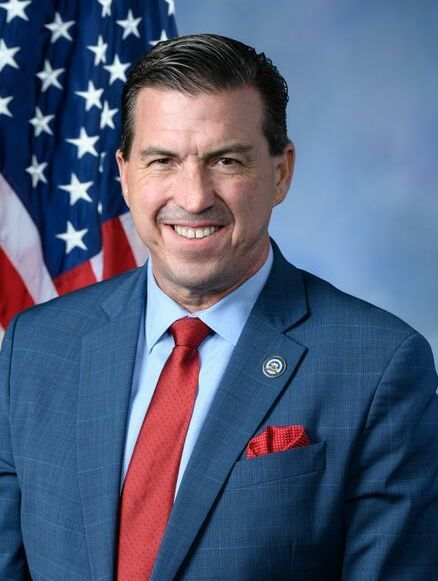
Co-Sponsor
-
TrackDonald Norcross
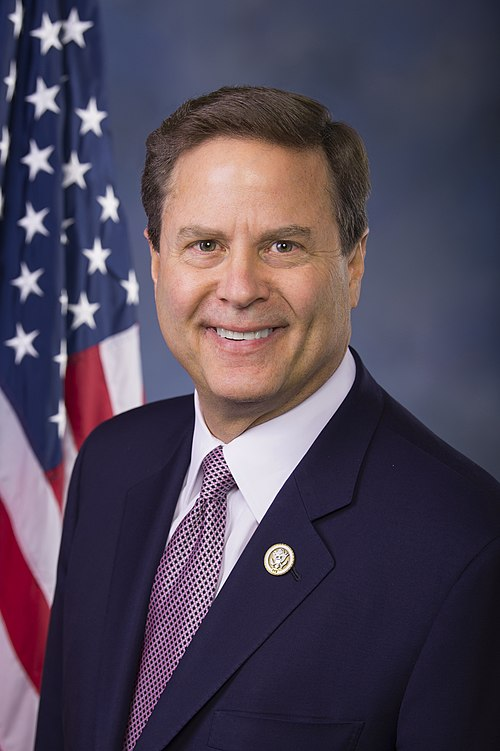
Co-Sponsor
-
TrackEleanor Holmes Norton

Co-Sponsor
-
TrackJimmy Panetta
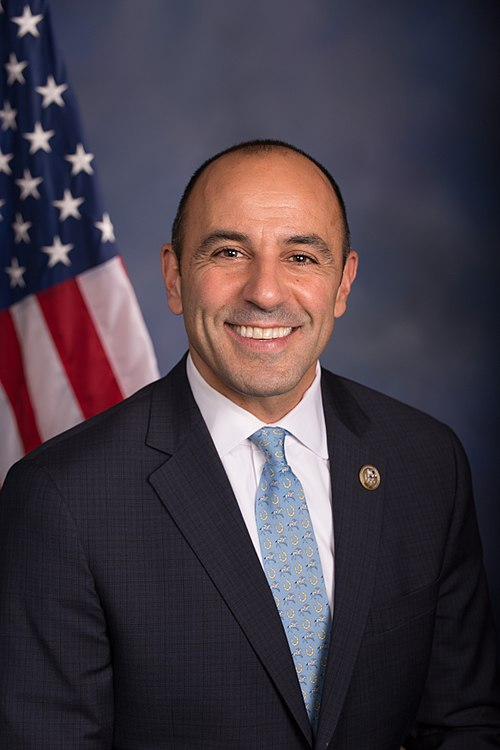
Co-Sponsor
-
TrackBrittany Pettersen

Co-Sponsor
-
TrackChellie Pingree
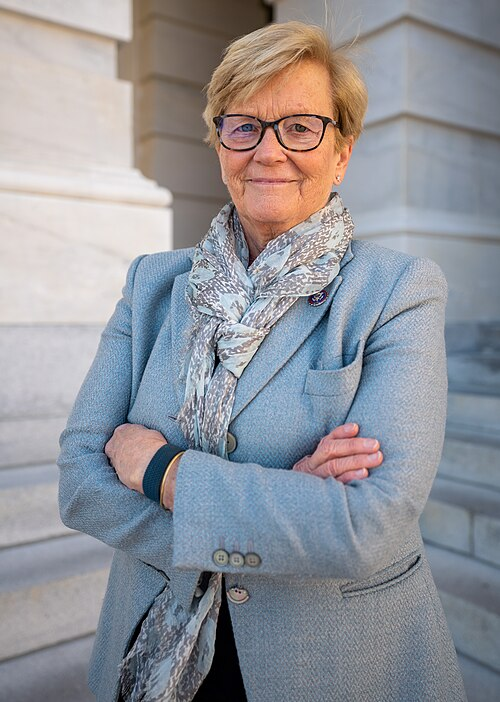
Co-Sponsor
-
TrackMark Pocan
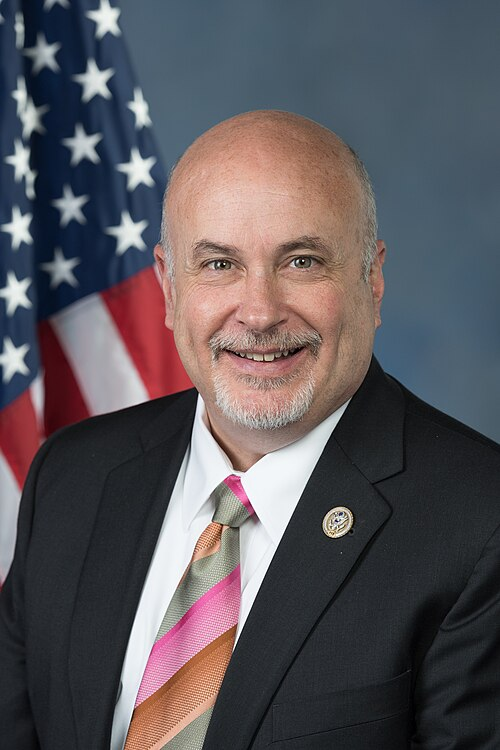
Co-Sponsor
-
TrackDeborah K. Ross
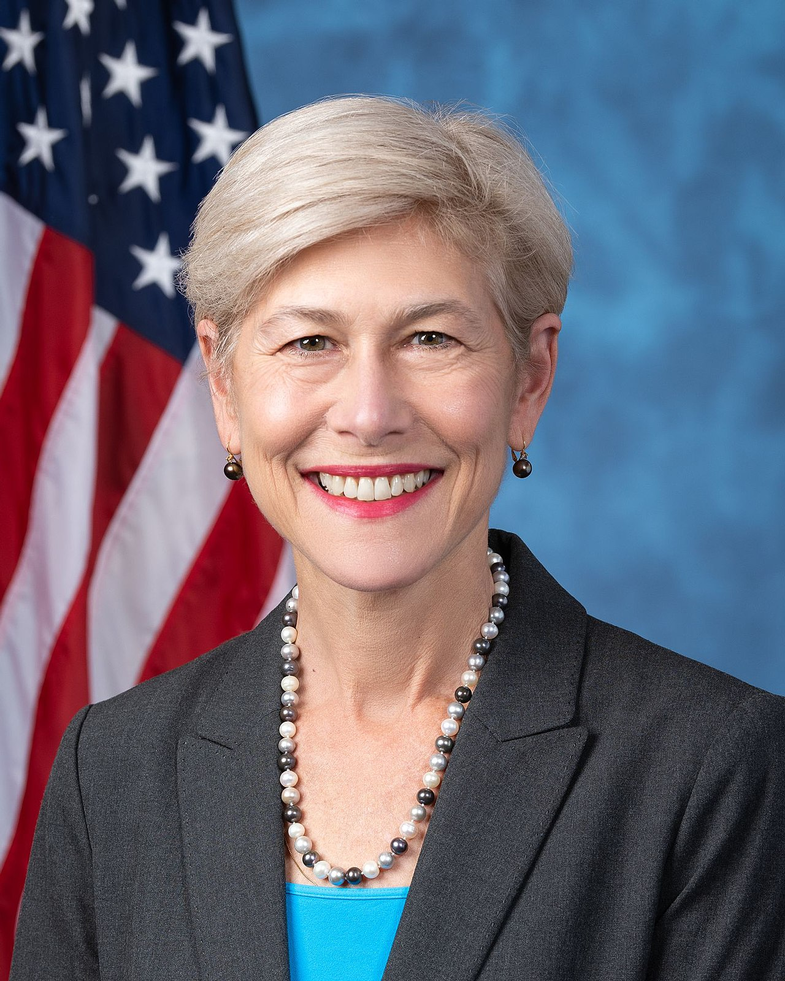
Co-Sponsor
-
TrackRaul Ruiz
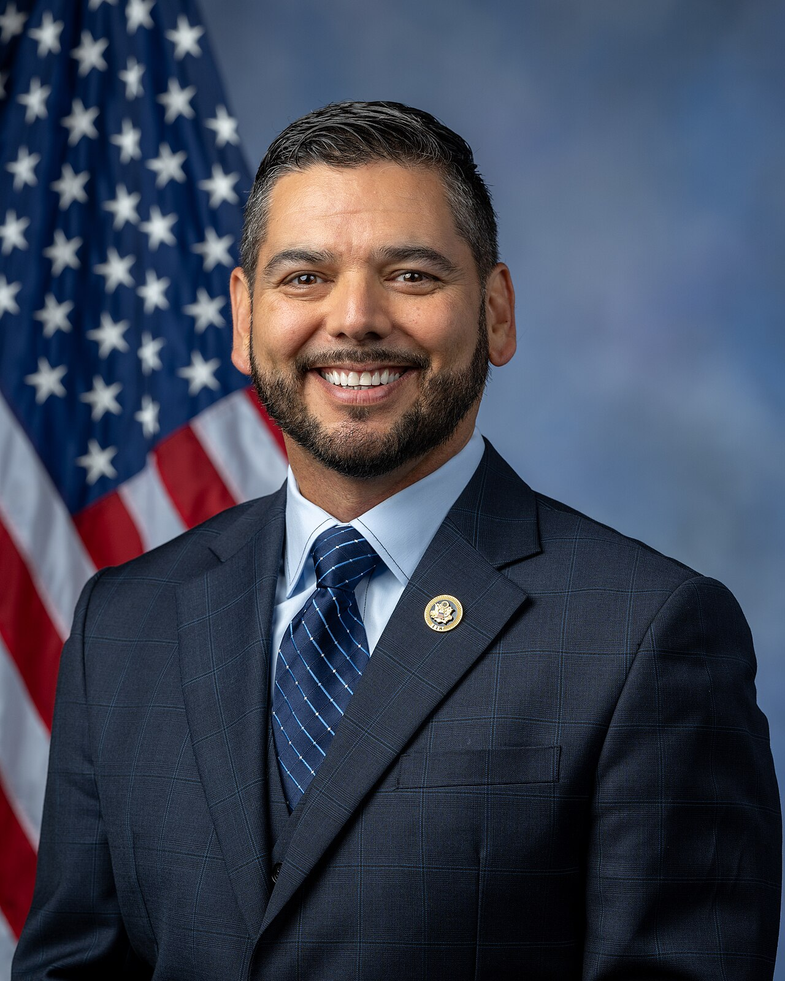
Co-Sponsor
-
TrackJohn H. Rutherford
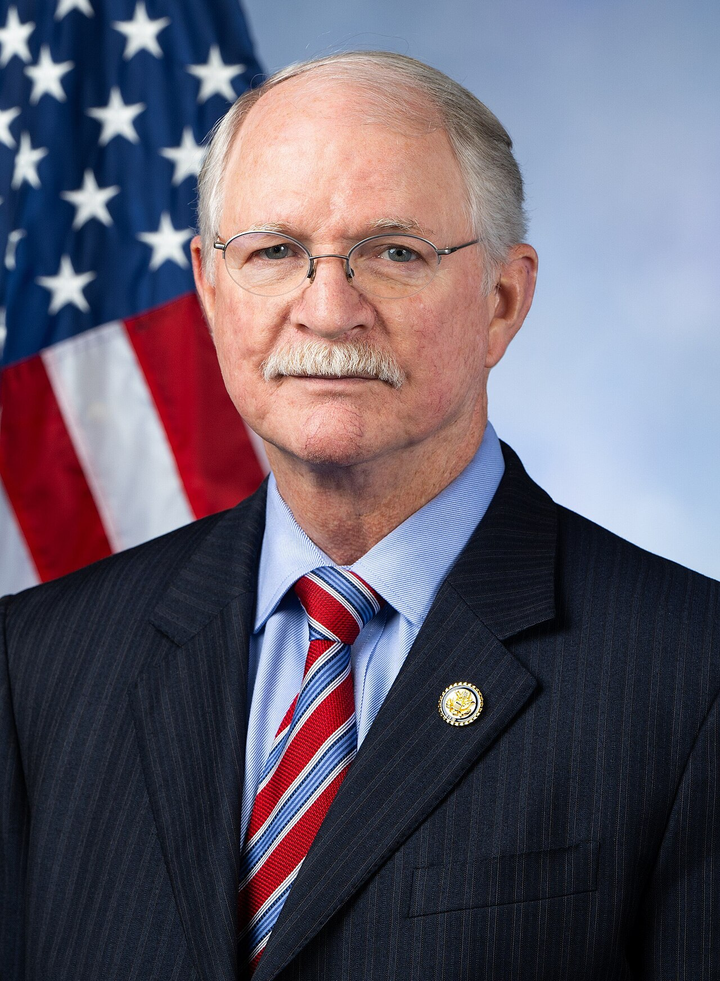
Co-Sponsor
-
TrackPatrick Ryan
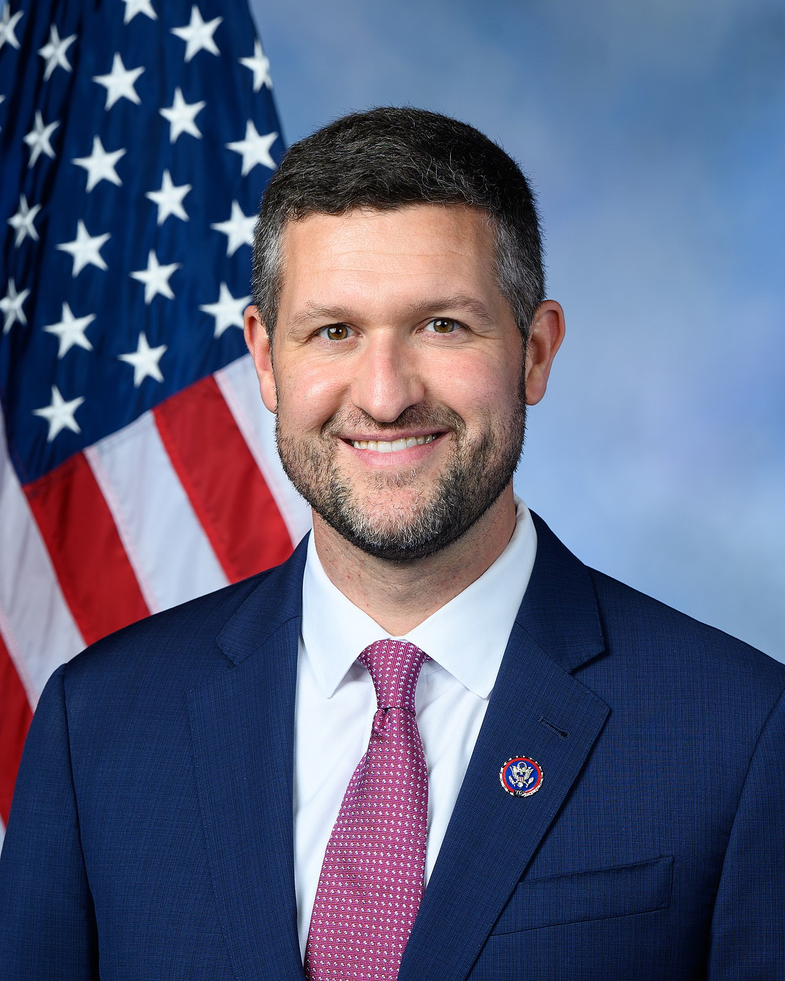
Co-Sponsor
-
TrackAndrea Salinas

Co-Sponsor
-
TrackJanice D. Schakowsky

Co-Sponsor
-
TrackKim Schrier
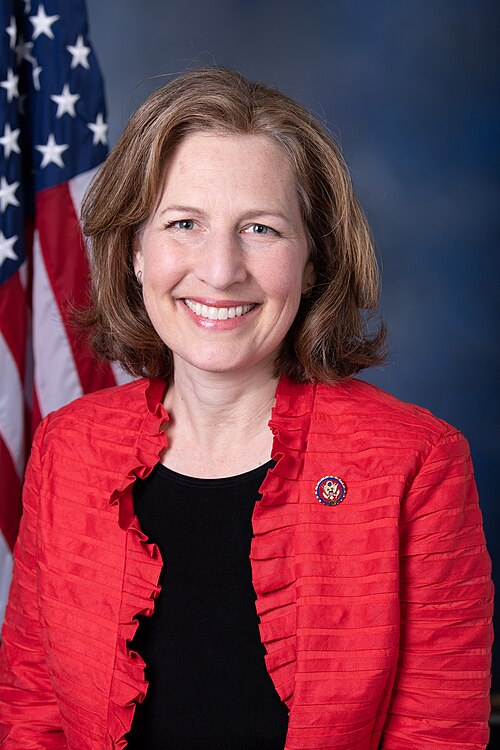
Co-Sponsor
-
TrackTerri A. Sewell

Co-Sponsor
-
TrackMikie Sherrill
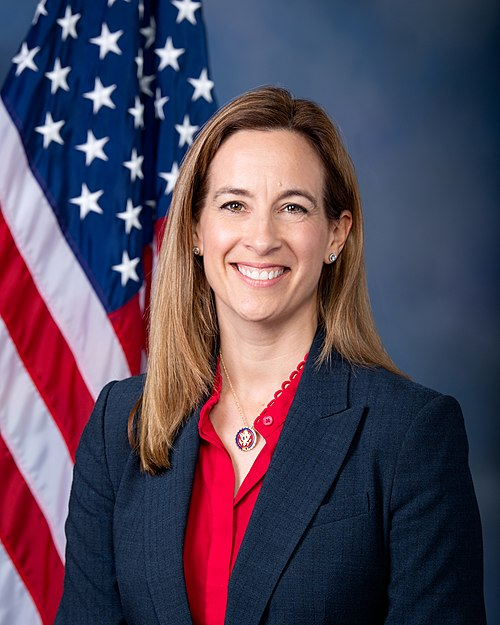
Co-Sponsor
-
TrackGreg Stanton

Co-Sponsor
-
TrackThomas R. Suozzi

Co-Sponsor
-
TrackEric Swalwell

Co-Sponsor
-
TrackMark Takano
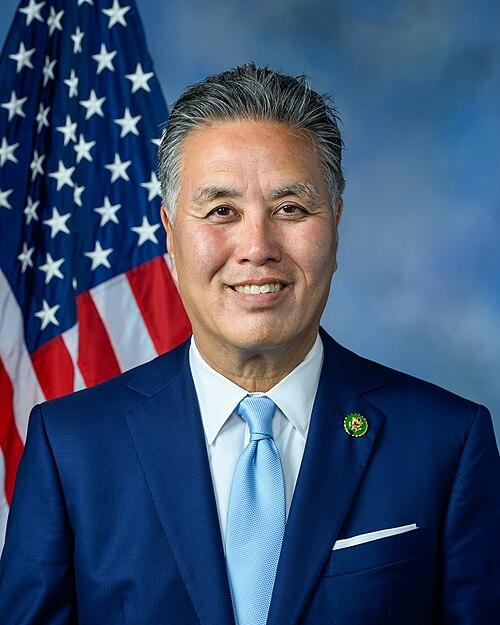
Co-Sponsor
-
TrackMike Thompson
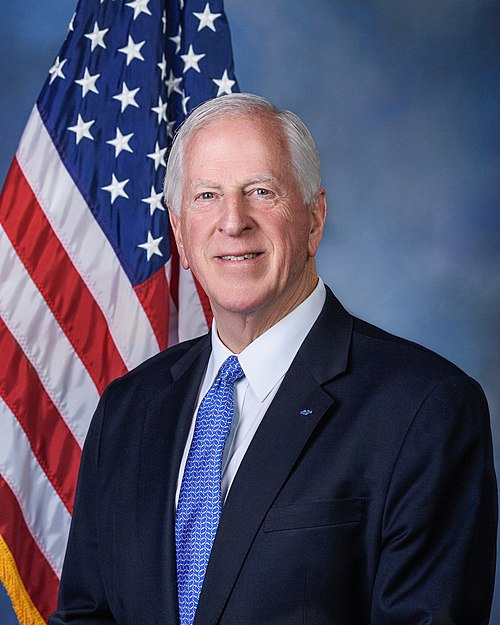
Co-Sponsor
-
TrackRashida Tlaib
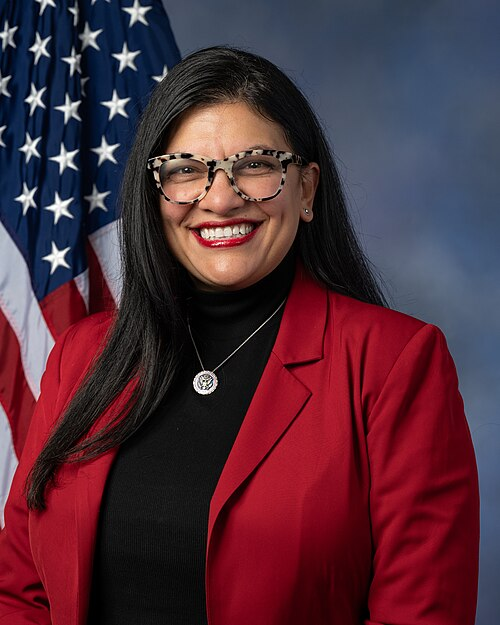
Co-Sponsor
-
TrackJill N. Tokuda
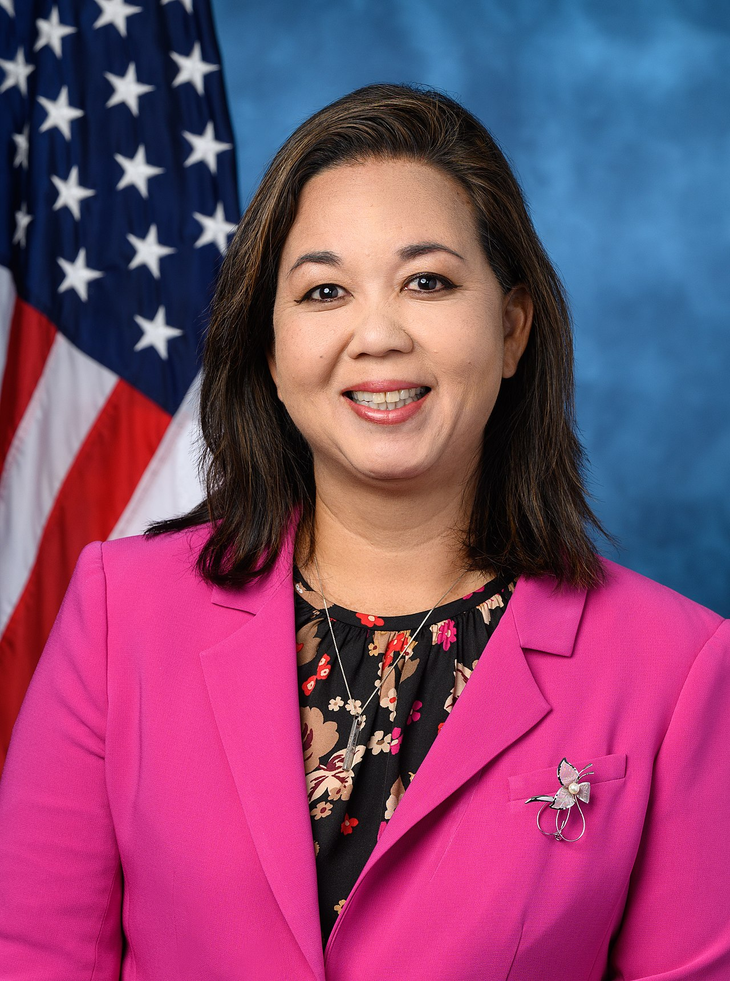
Co-Sponsor
-
TrackPaul Tonko
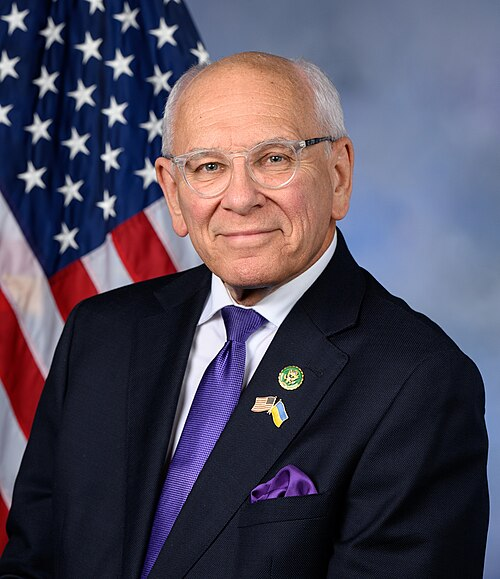
Co-Sponsor
-
TrackJefferson Van Drew

Co-Sponsor
-
TrackMarc A. Veasey
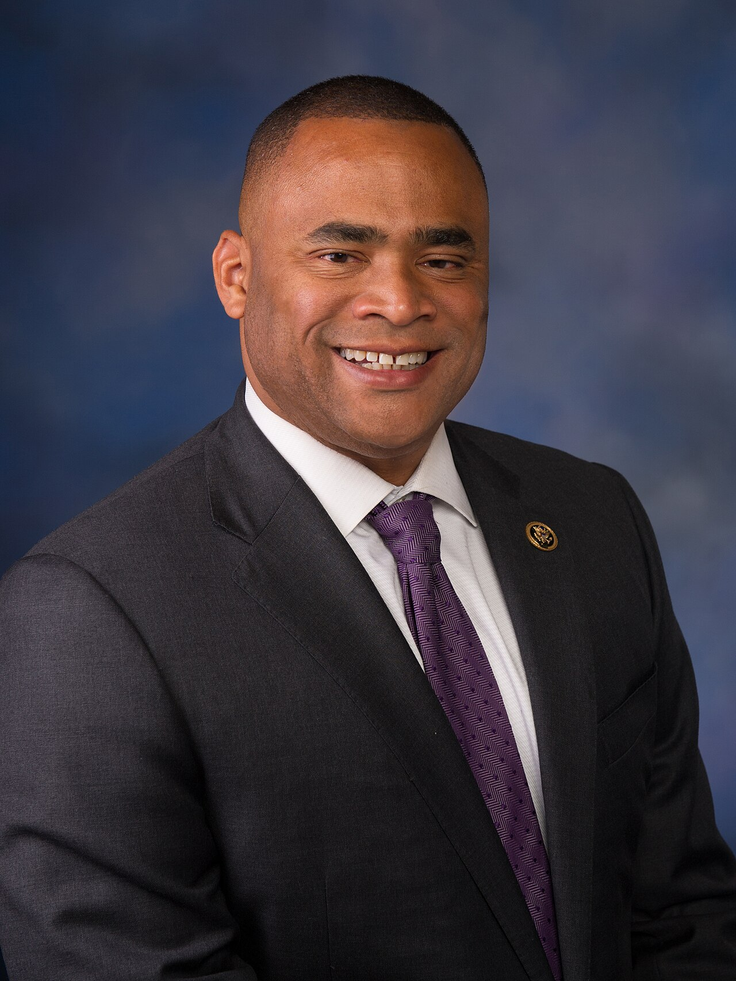
Co-Sponsor
-
TrackEugene Vindman
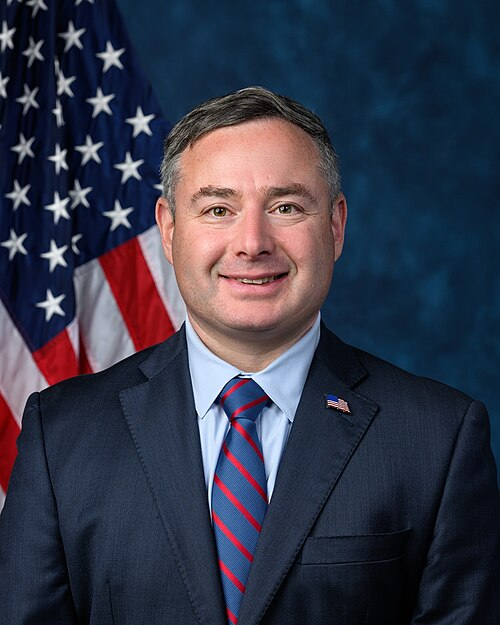
Co-Sponsor
-
TrackDebbie Wasserman Schultz
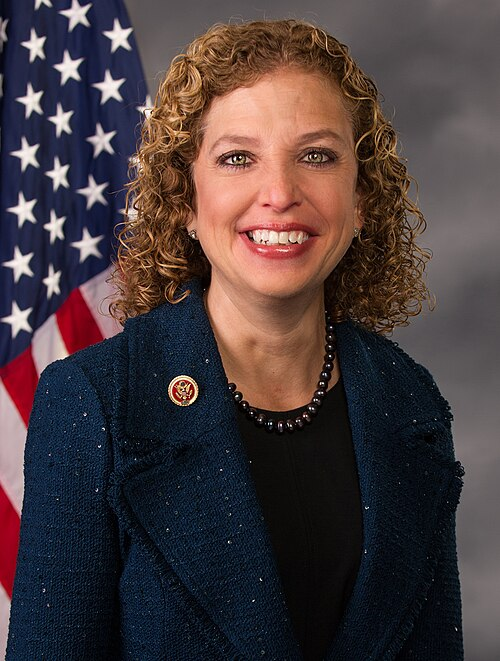
Co-Sponsor
-
TrackBonnie Watson Coleman
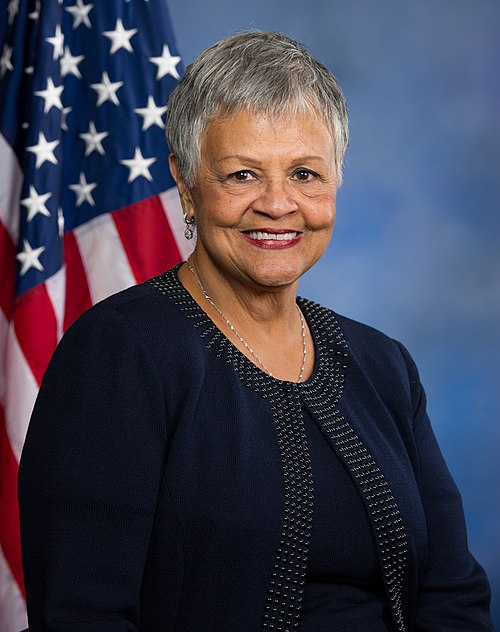
Co-Sponsor
-
TrackGeorge Whitesides

Co-Sponsor
Actions
2 actions
| Date | Action |
|---|---|
| Jul. 22, 2025 | Introduced in House |
| Jul. 22, 2025 | Referred to the Committee on Energy and Commerce, and in addition to the Committees on Education and Workforce, and Ways and Means, for a period to be subsequently determined by the Speaker, in each case for consideration of such provisions as fall within the jurisdiction of the committee concerned. |
Corporate Lobbying
0 companies lobbying
None found.
* Note that there can be significant delays in lobbying disclosures, and our data may be incomplete.




